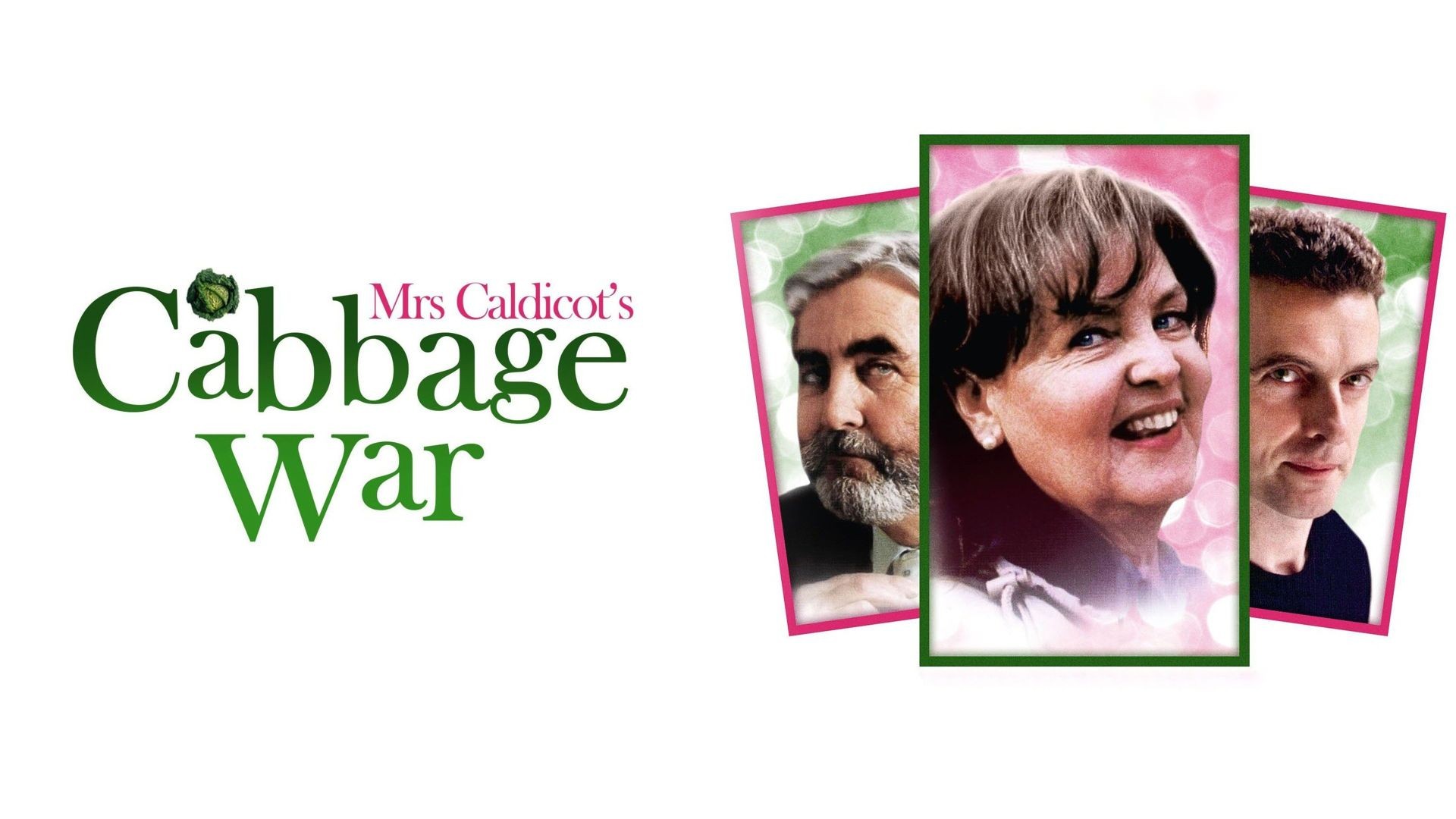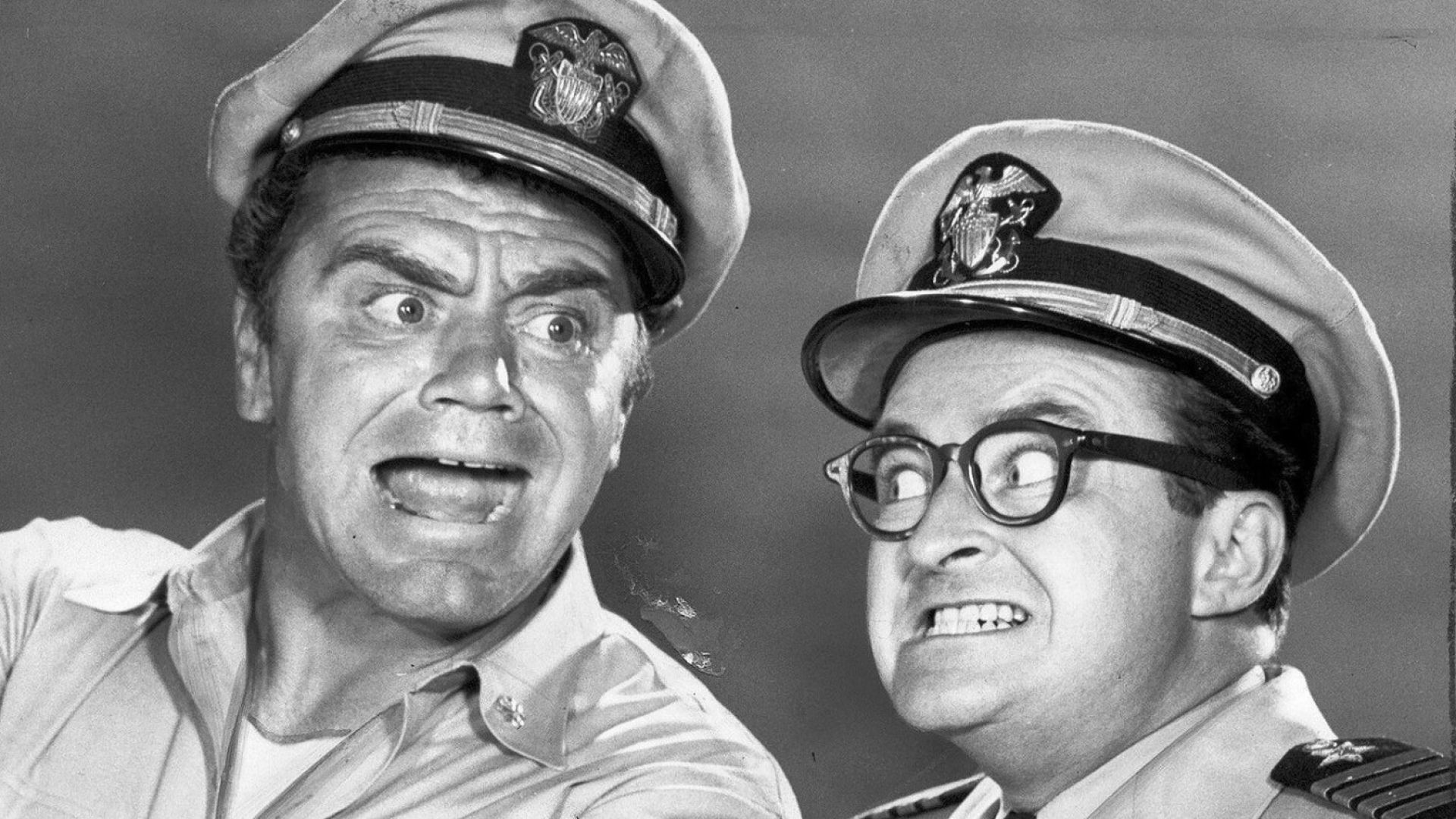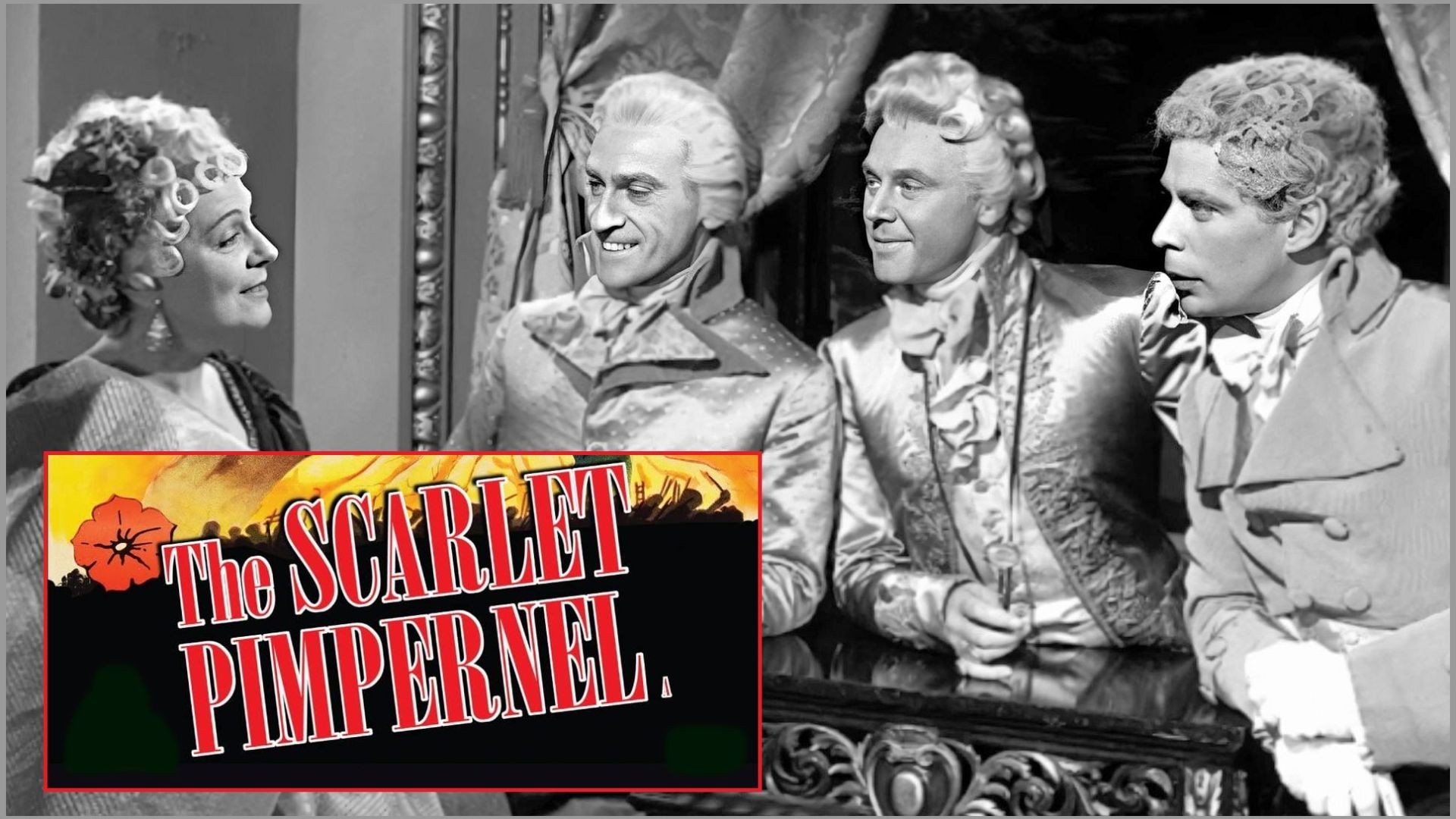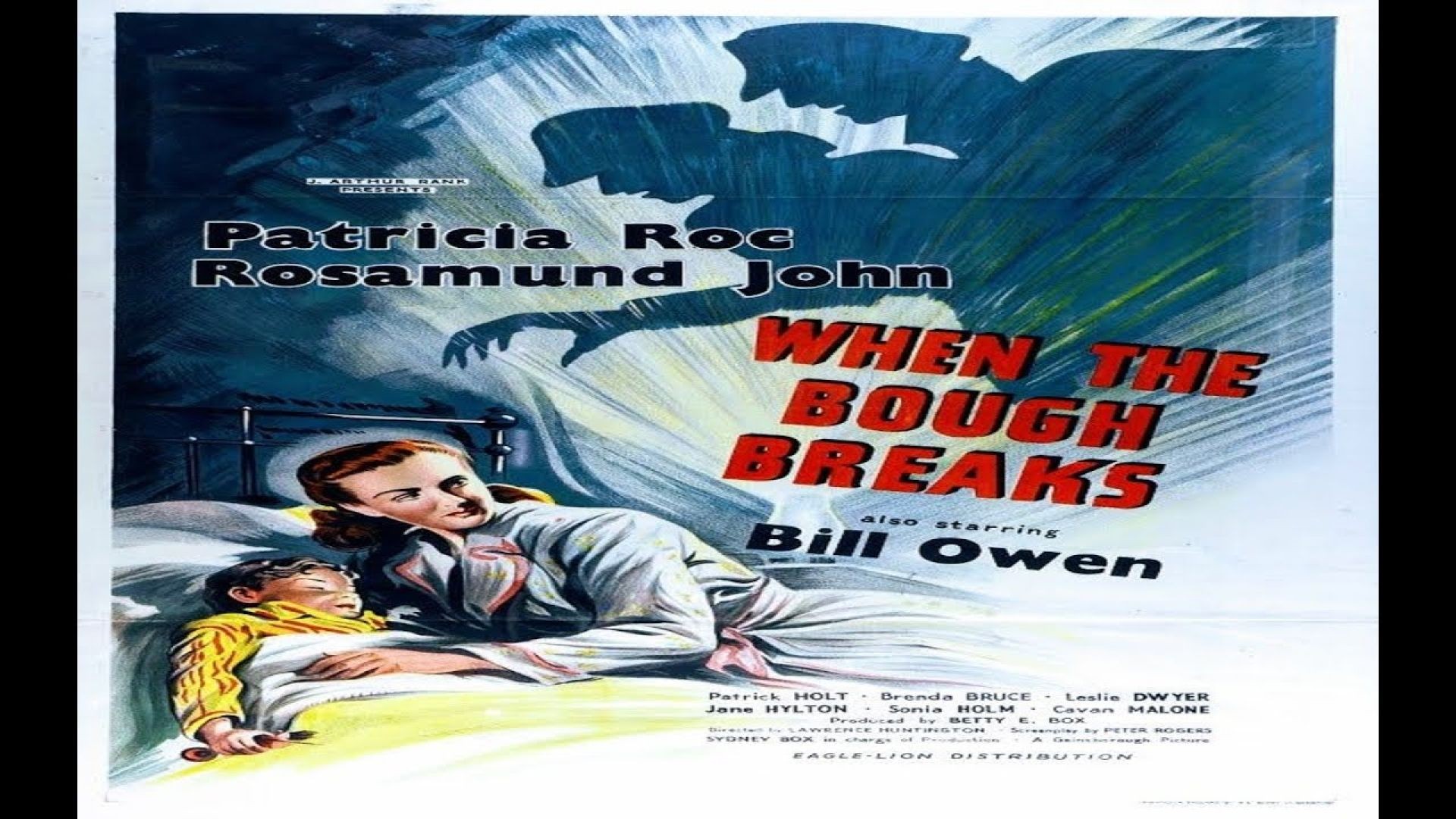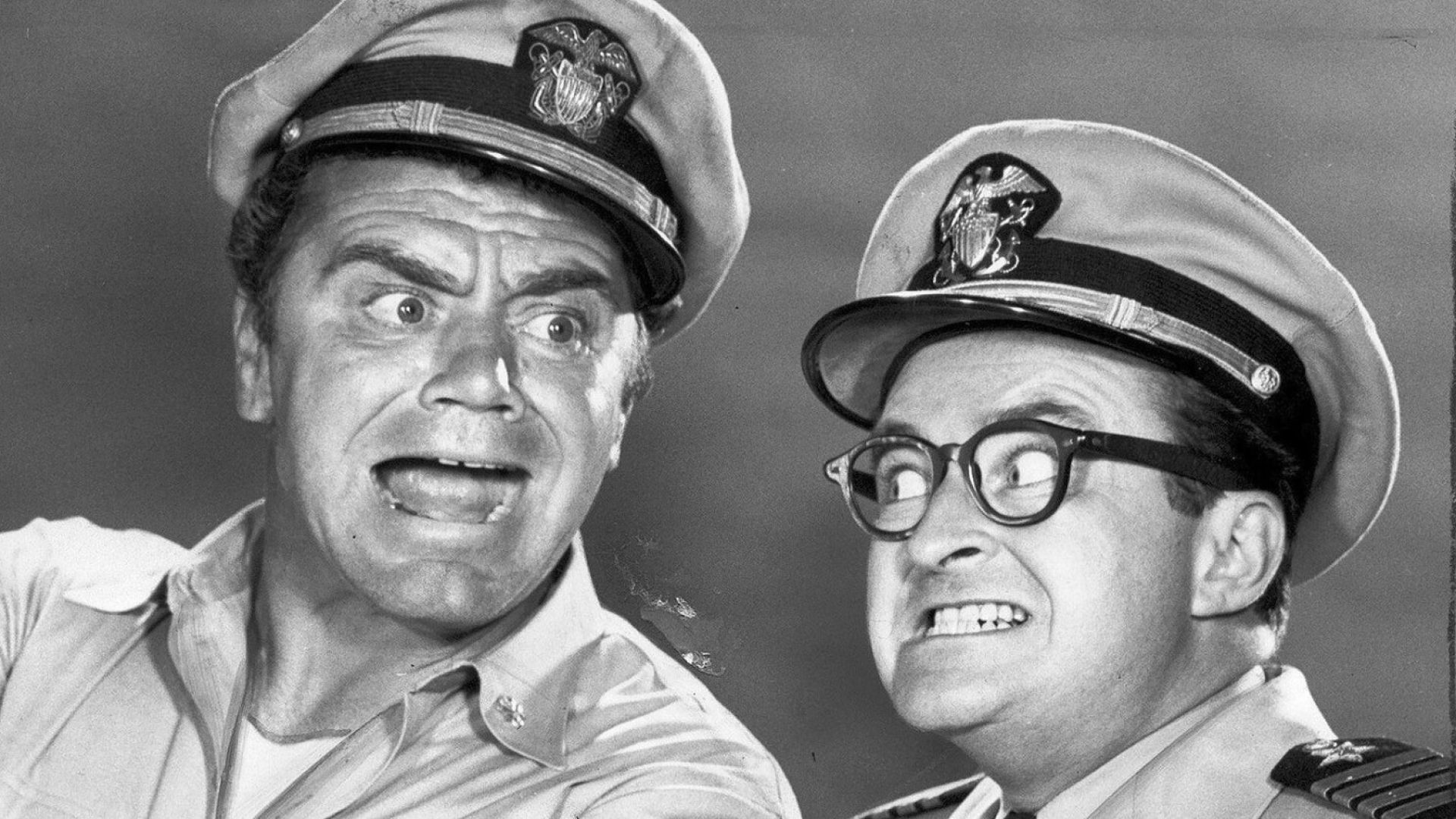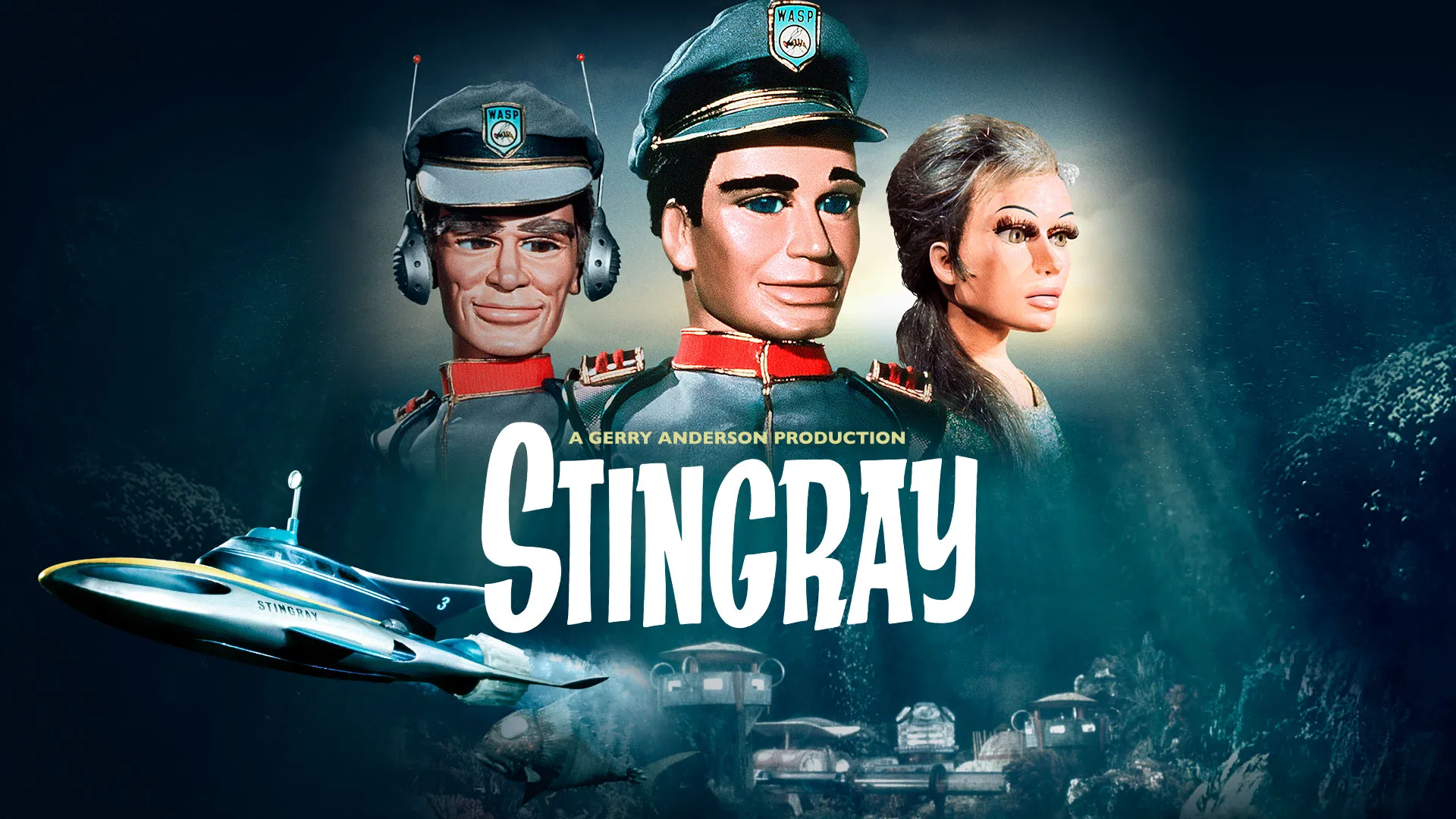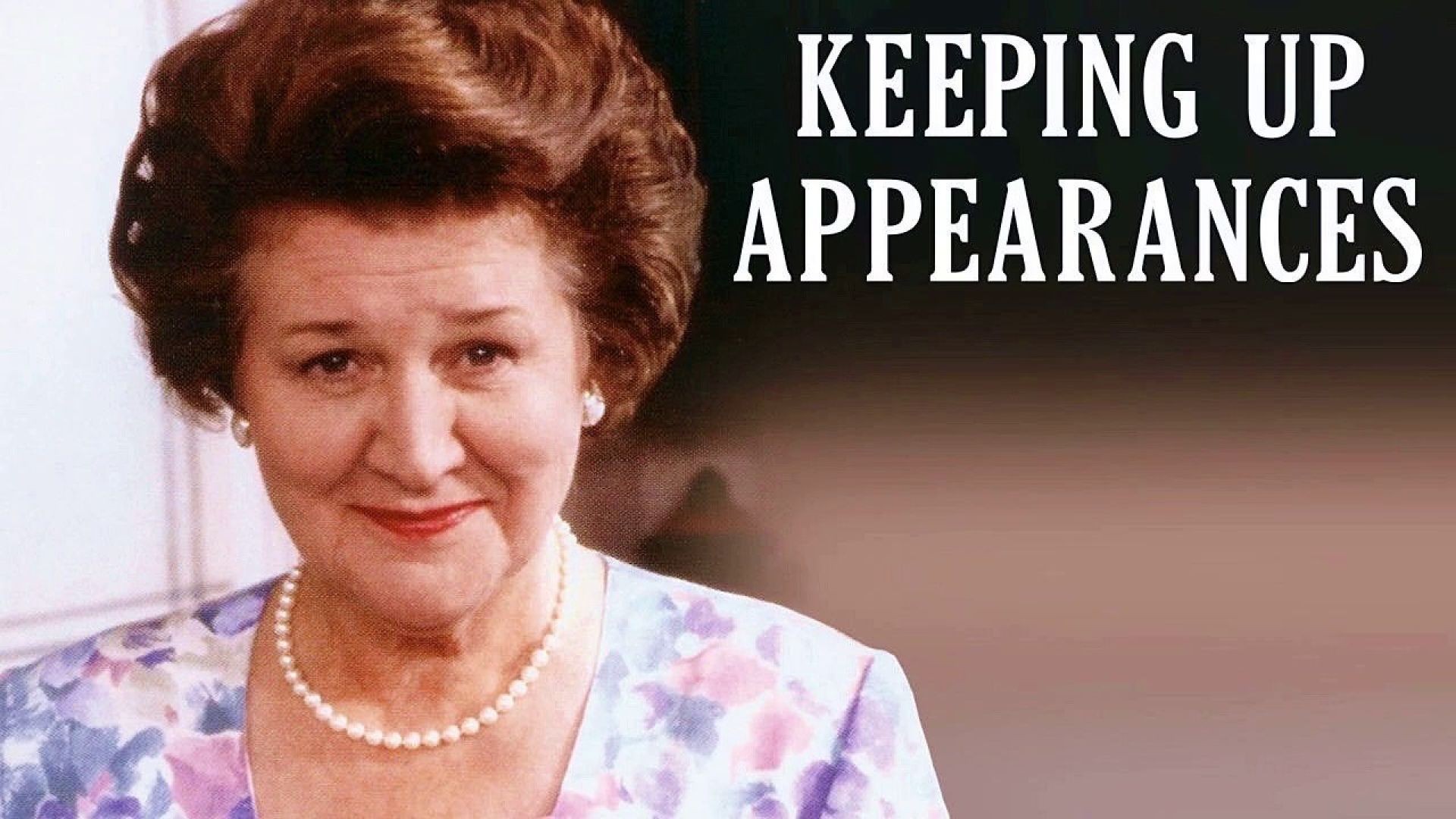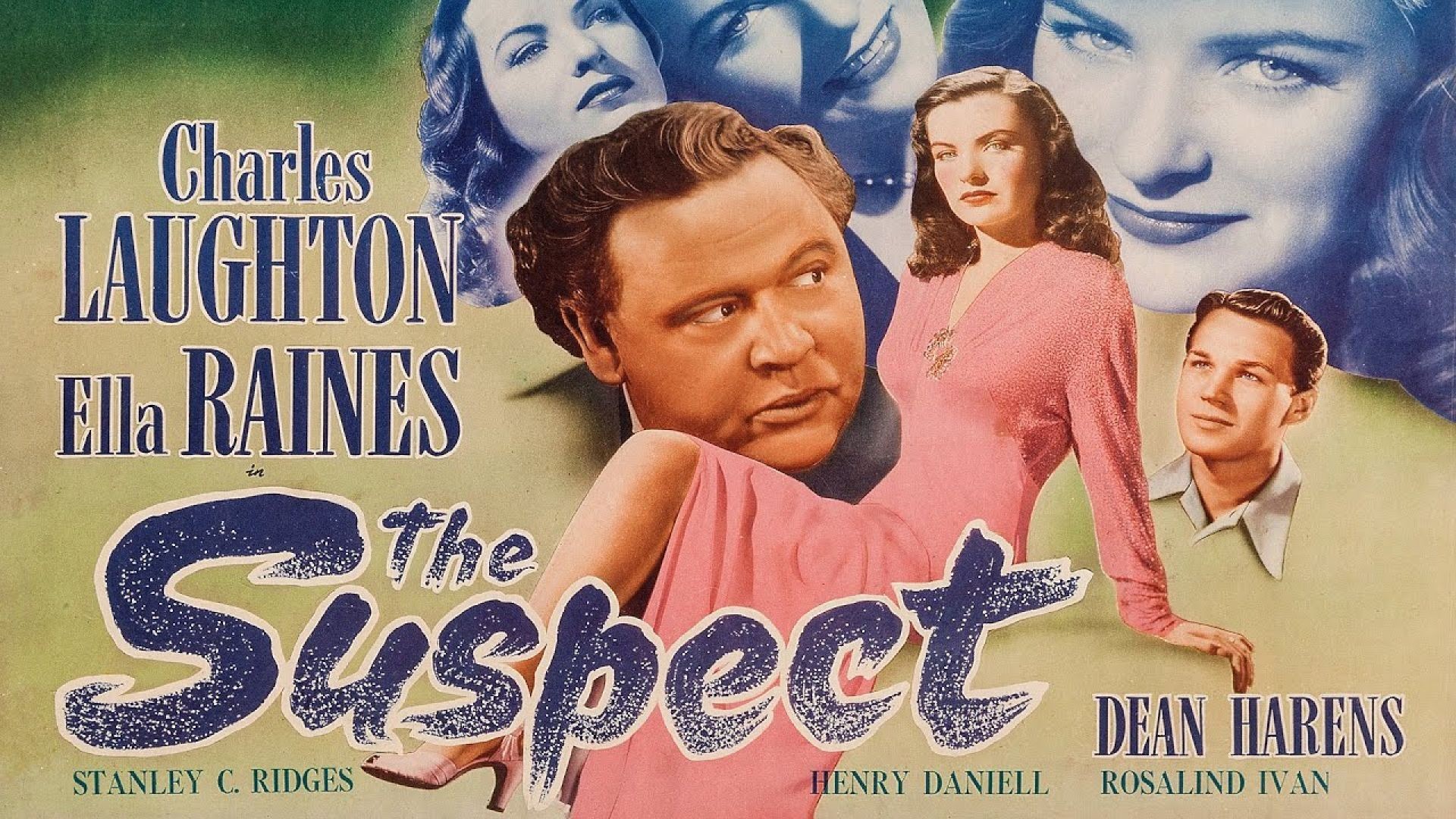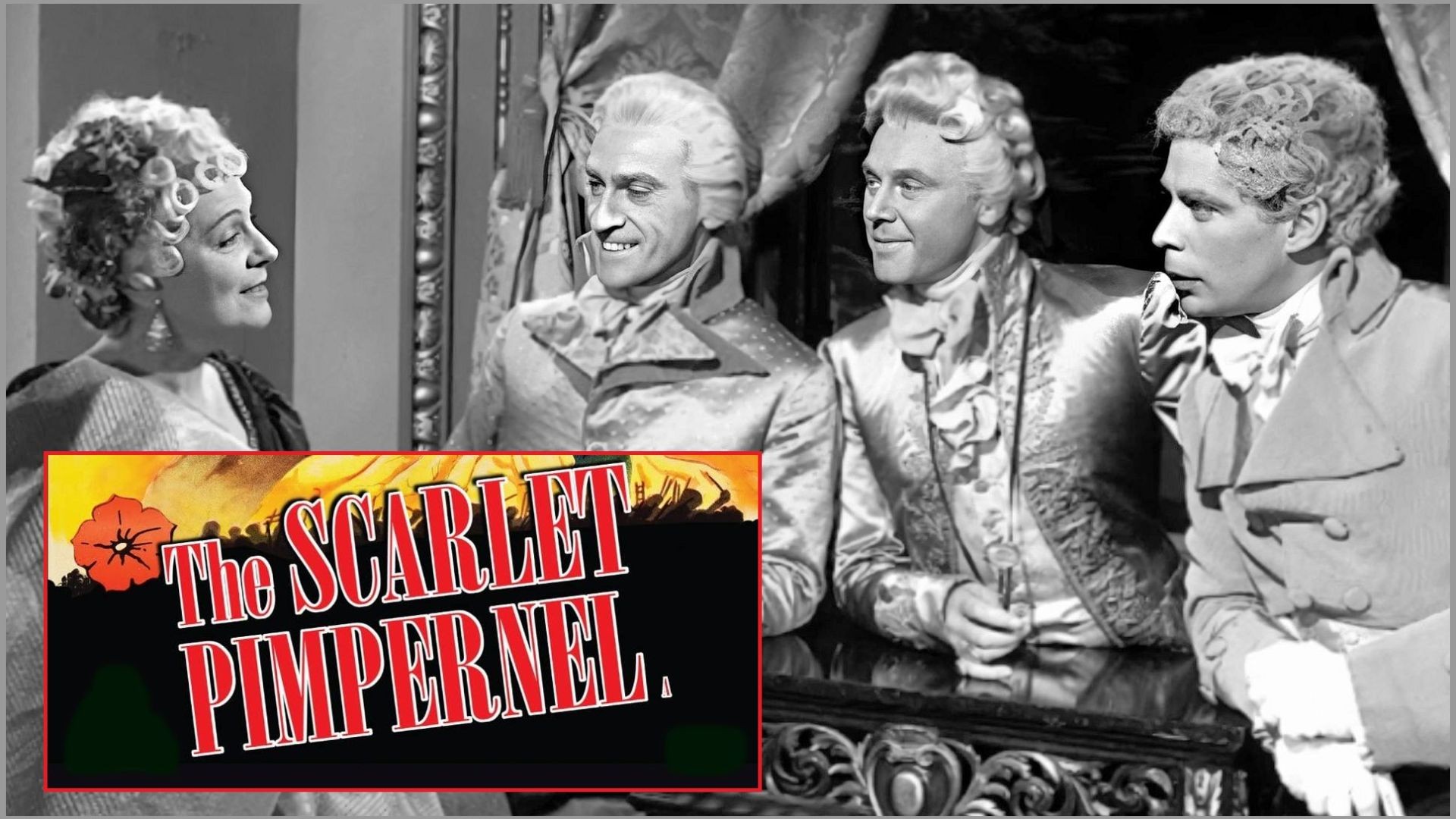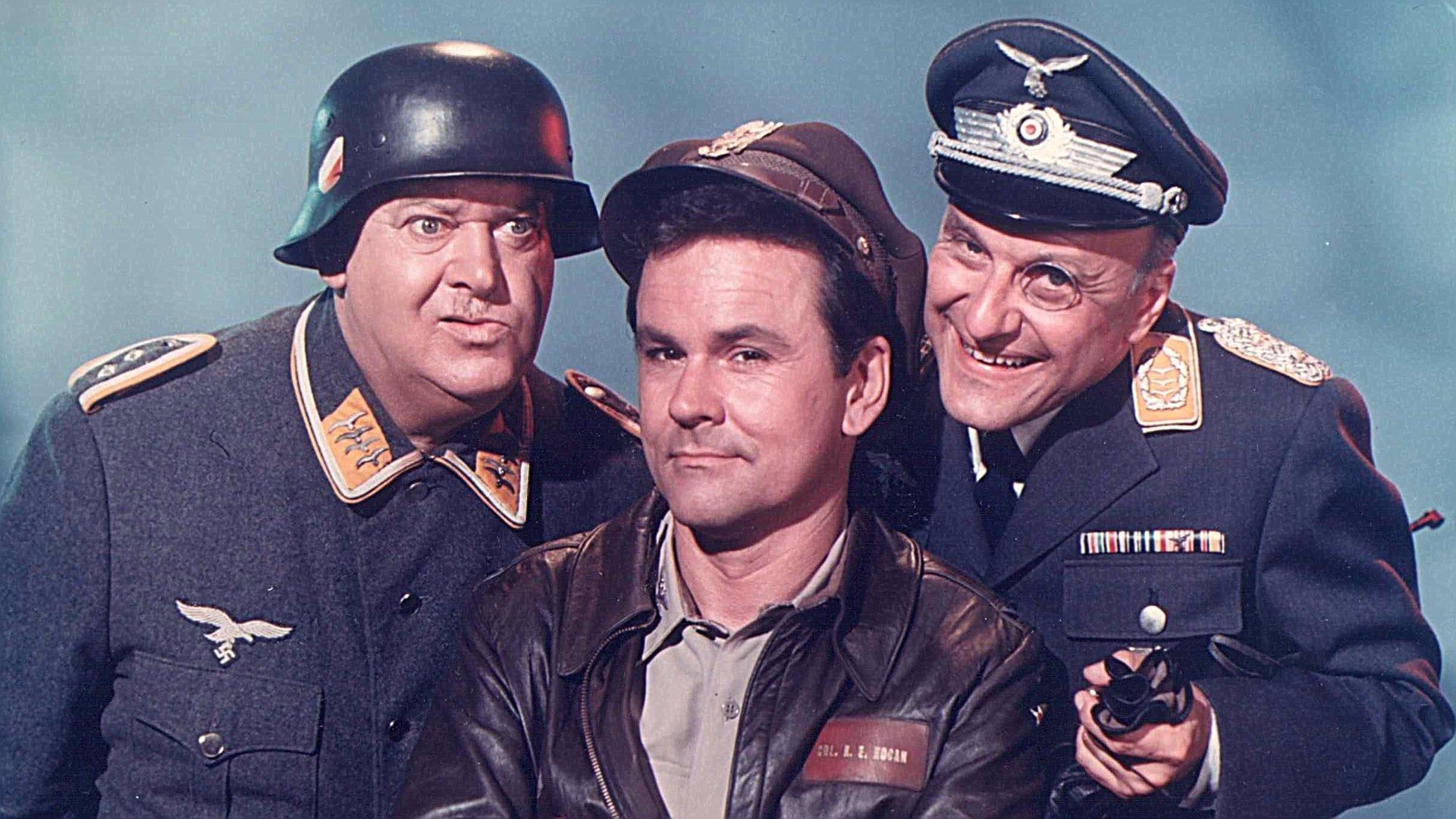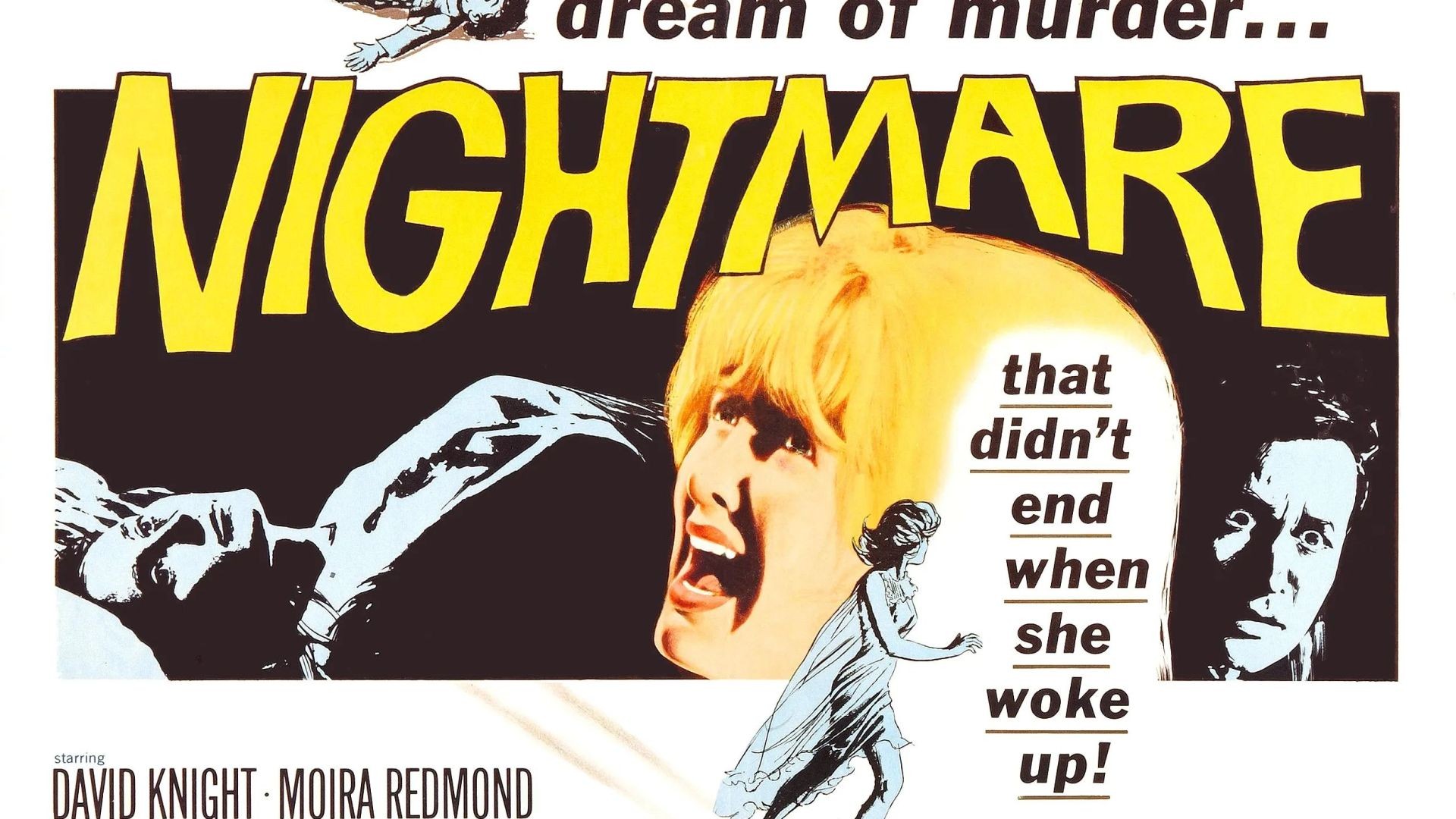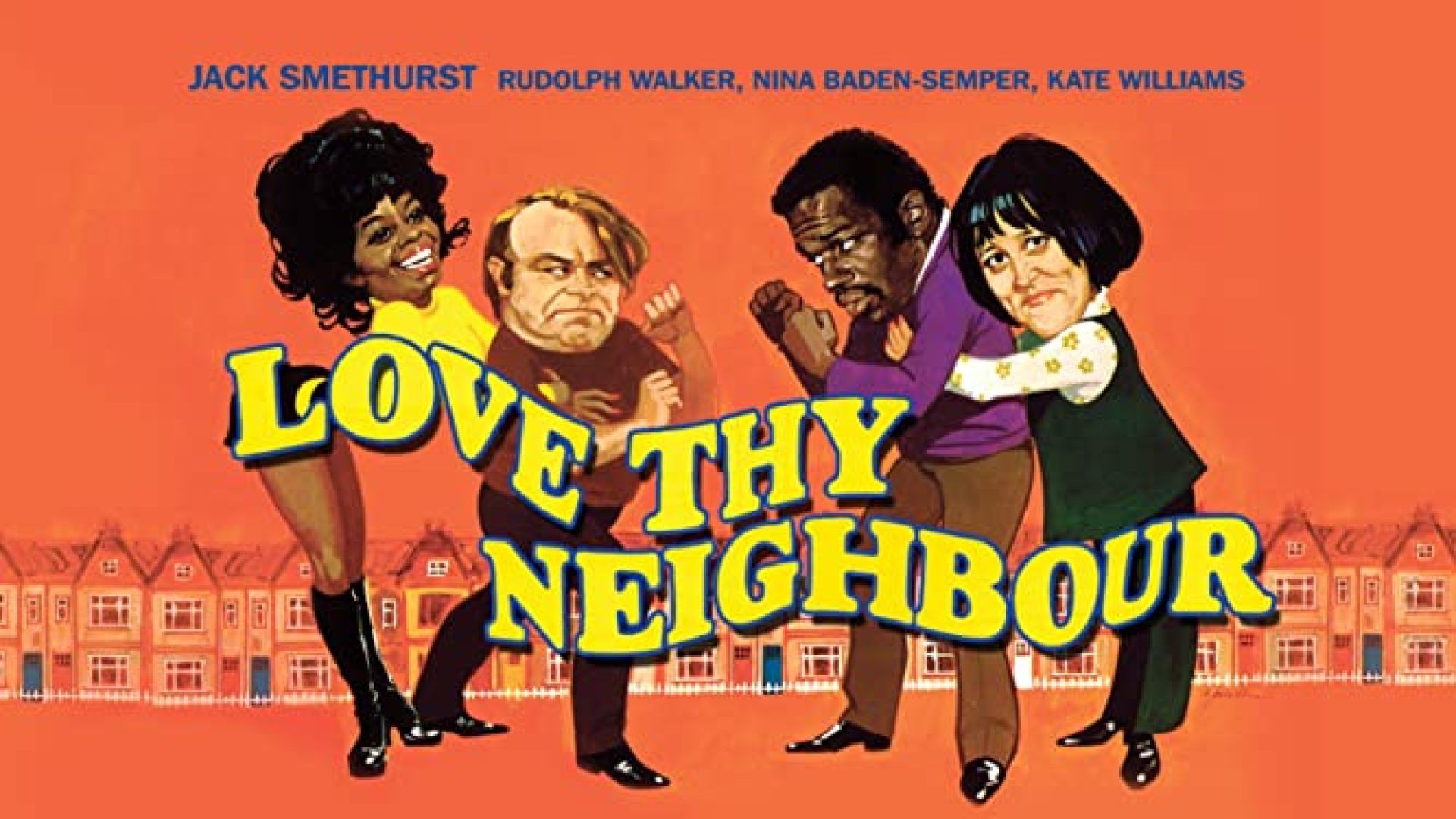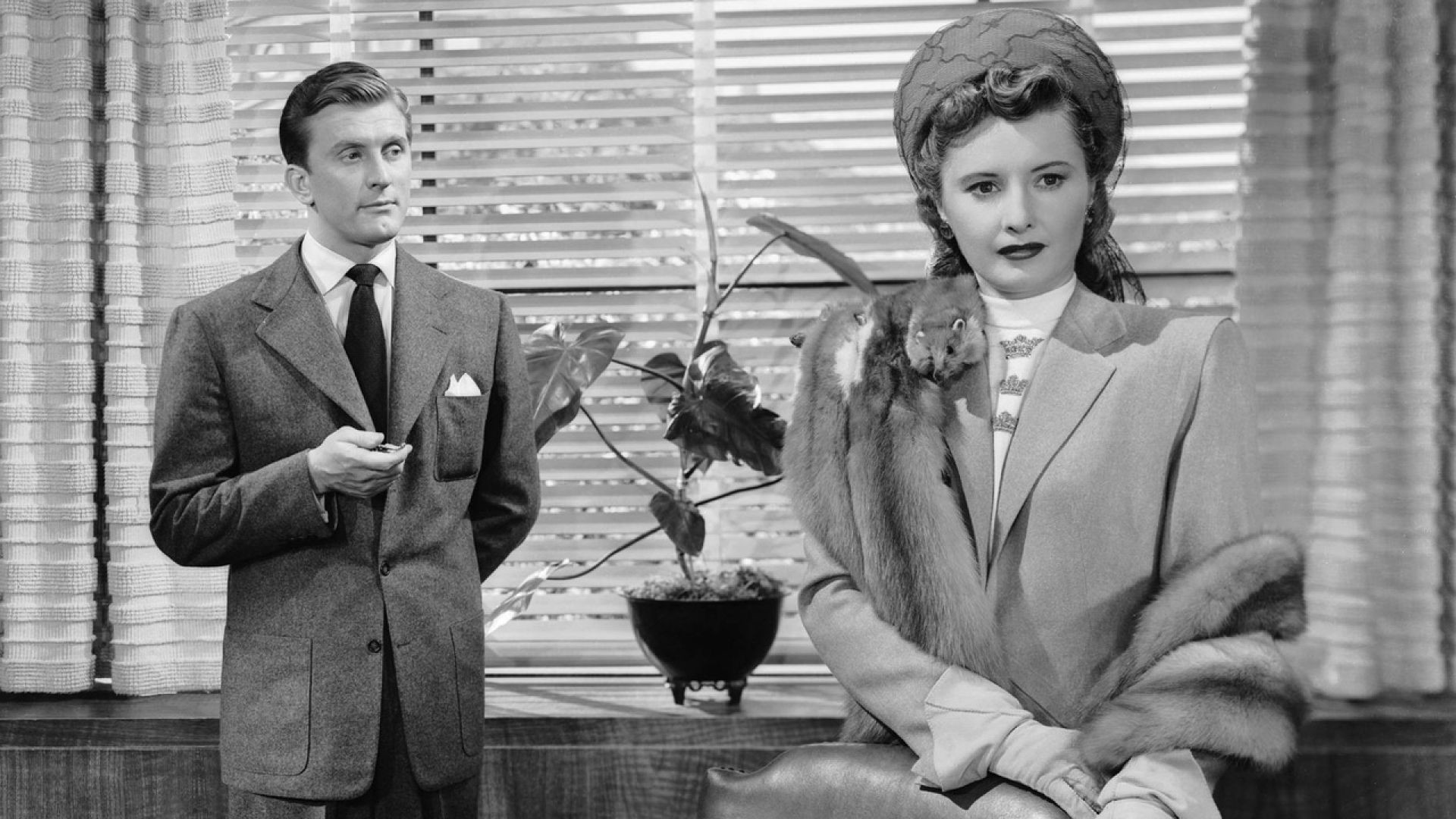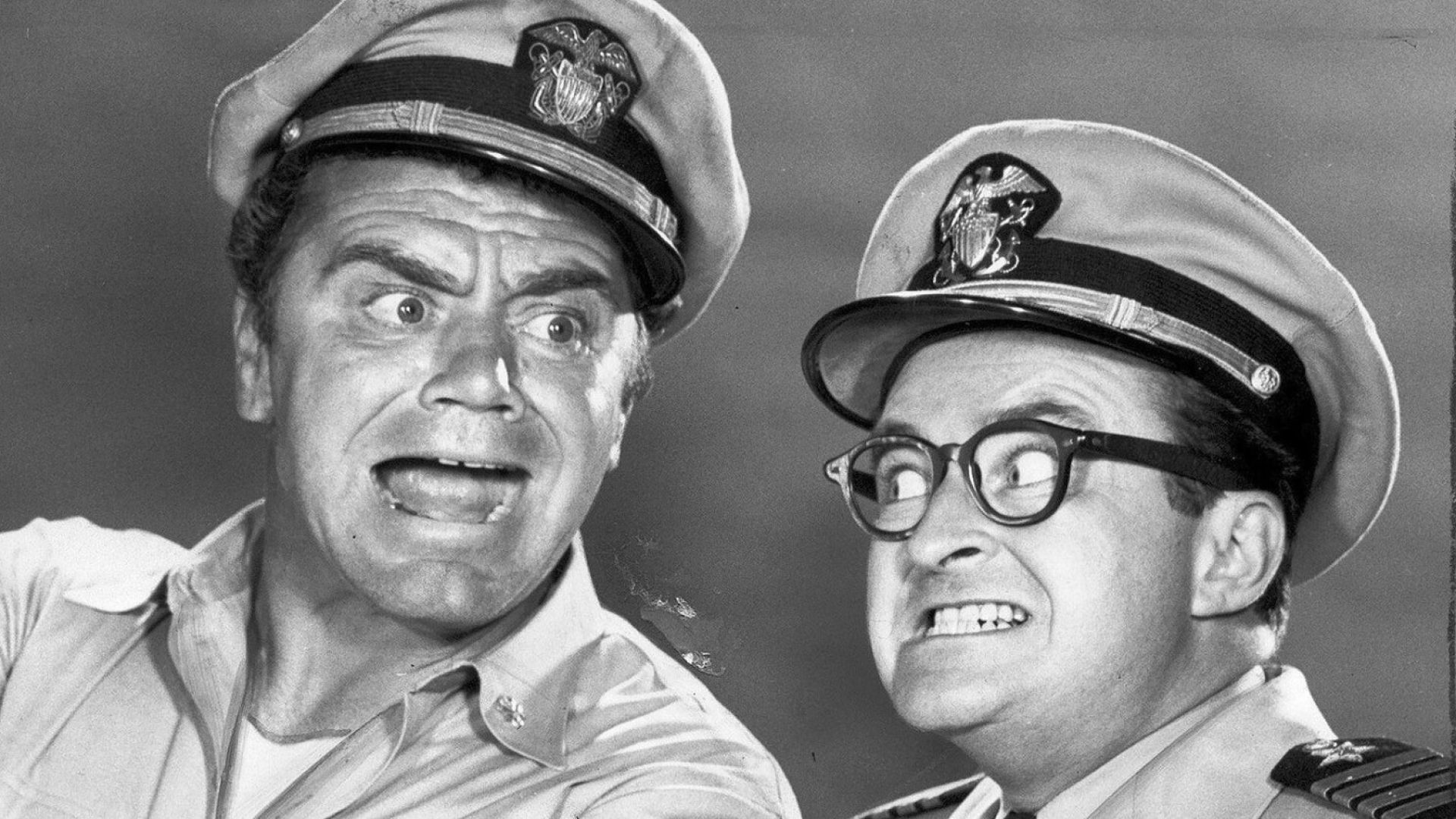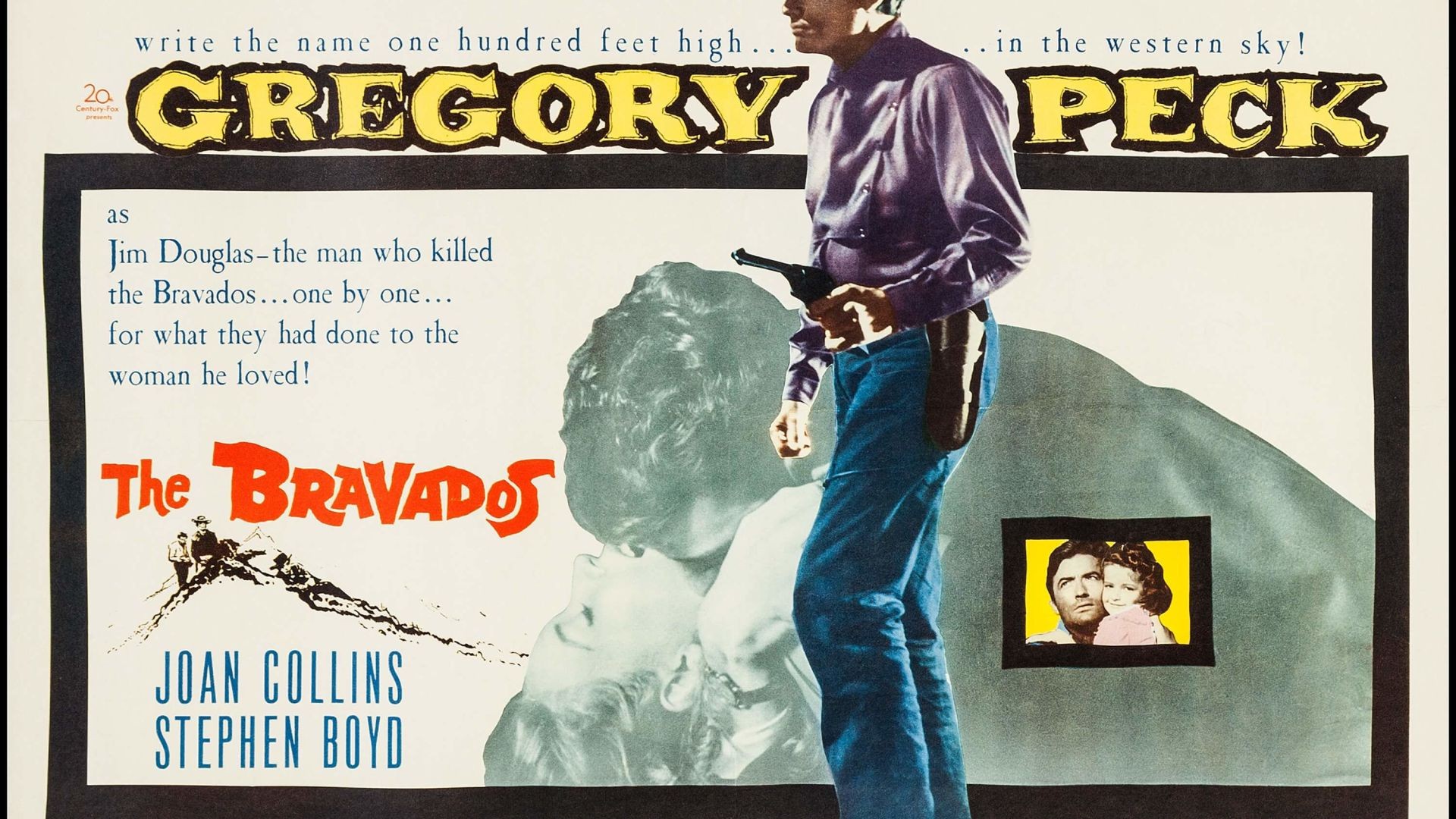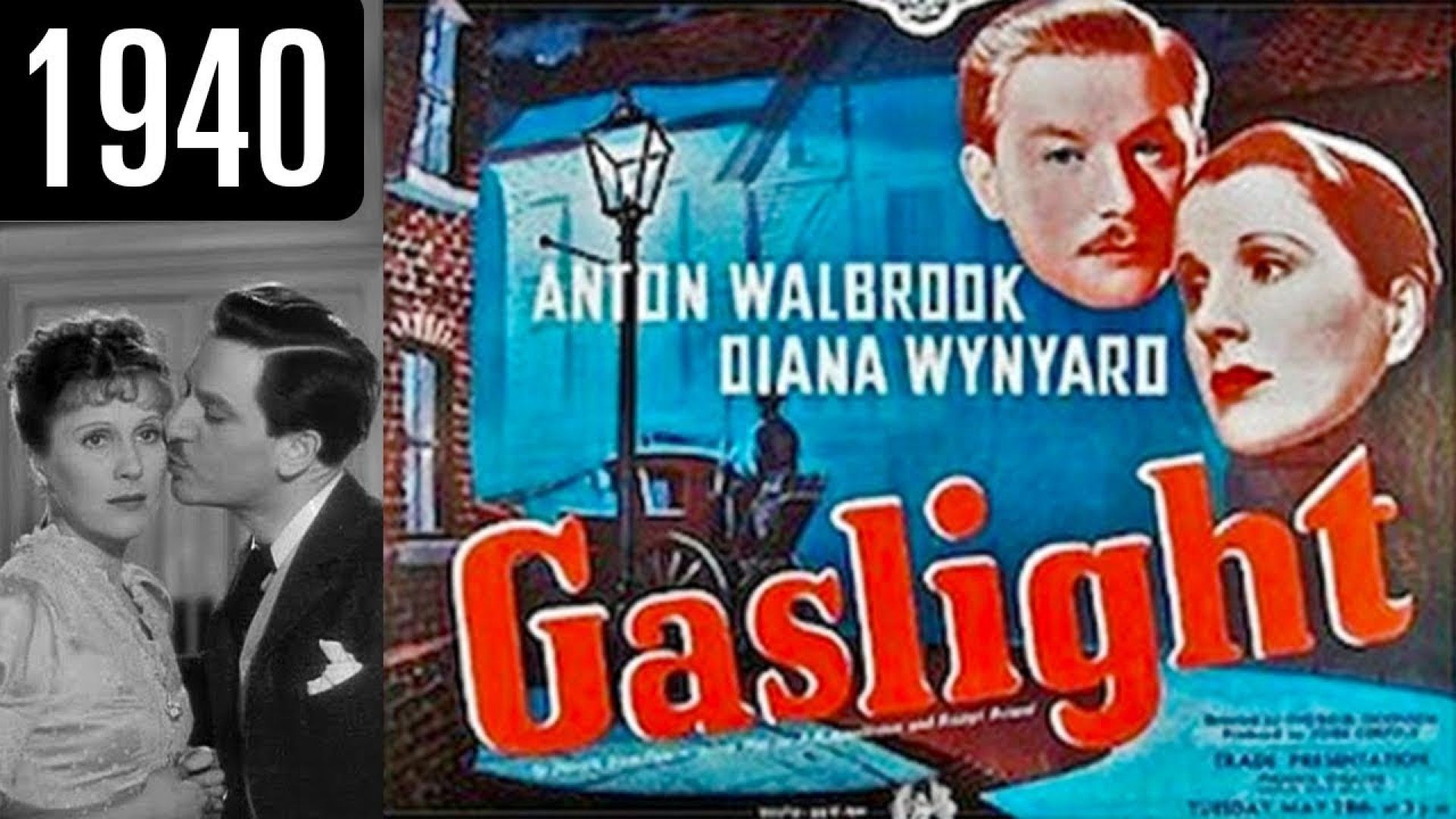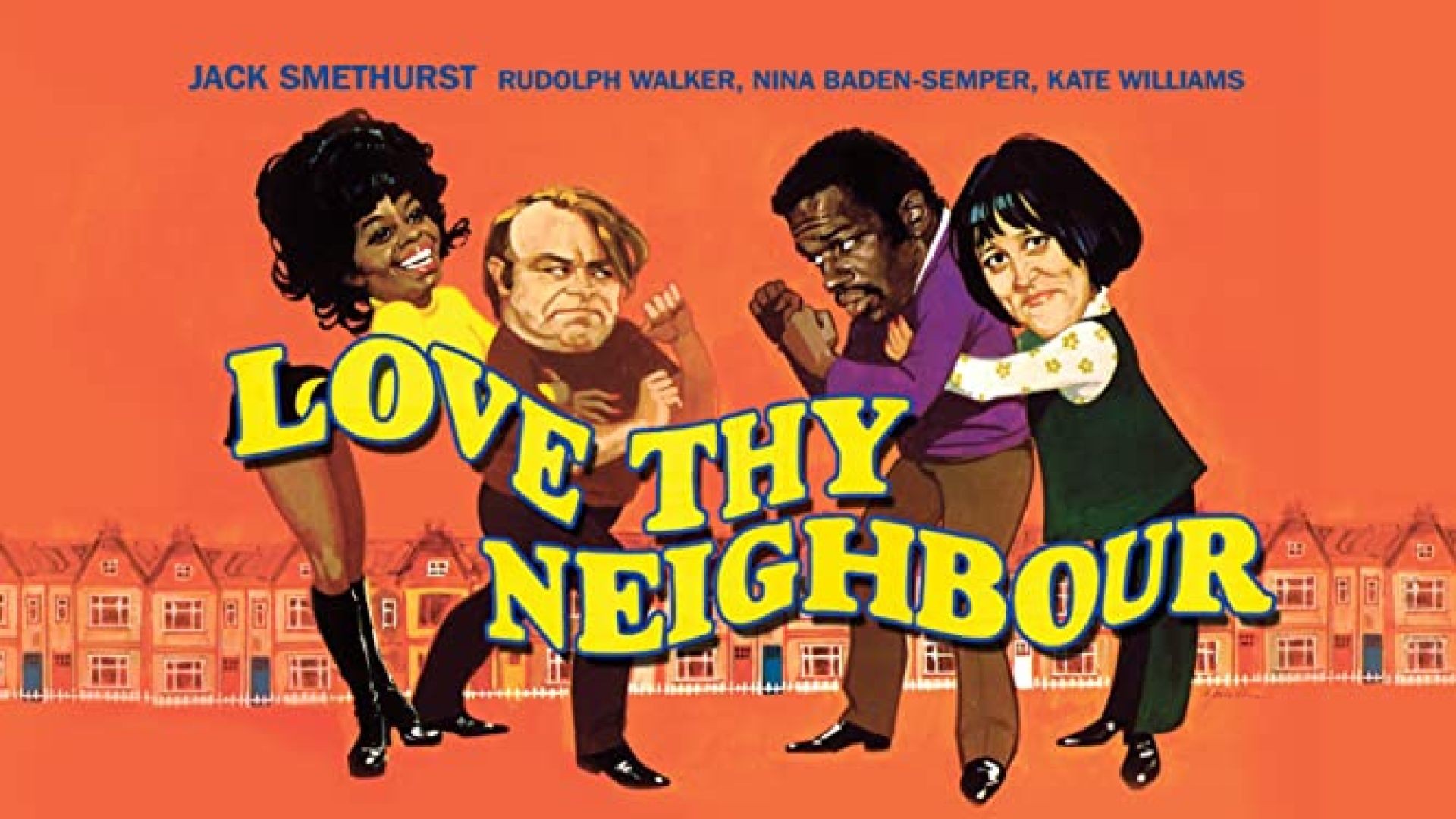Top videos
Mrs Caldicot's Cabbage War is a British comedy-drama film from 2002, directed by Ian Sharp and starring Pauline Collins, John Alderton and Peter Capaldi. It is based on a 1993 novel with the same name by Vernon Coleman.
It is the story about a woman, Thelma Caldicot, who is coerced by her manipulative son Derek and daughter-in-law to move into a run-down nursing home, owned by Derek's employer, after the death of her bullying husband. Derek also gets her to sign over her house to him. However, she doesn't like it at the nursing home and shows her frustration. After having been medicated by the staff to stay calm, she finally incites her fellow inmates to revolt.
Binghamton suspects McHale and the 73 Crew of consorting with the enemy, when a Japanese radio announcer broadcasts personal details about Binghamton that only someone close to him would know.
McHale's Navy is an American sitcom starring Ernest Borgnine that aired 138 half-hour episodes over four seasons, from October 11, 1962, to April 12, 1966, on the ABC television network.
Sir Percy notices a beautiful woman showing an unusual interest in the Prince Regent's affairs and is unconvinced by her replies to his questions. Perhaps it's time for the Pimpernel to show his true colours.
When the Bough Breaks 1947 The Plot: After learning that her husband is a bigamist who already had a wife, new mother Lily Bates (Patricia Roc) resolves to raise her baby, Jimmy, on her own rather than give him up for adoption.
Each day Lily leaves Jimmy at a day nursery while she works as a shopgirl at a department
McHale and The Boys go all out, to try to help Parker win the attention of a very attractive Nurse he's infatuated with.
McHale's Navy is an American sitcom starring Ernest Borgnine that aired 138 half-hour episodes over four seasons, from October 11, 1962, to April 12, 1966, on the ABC television network.
A 17th-century English farmer (Richard Greene) falls in love with a girl (Barbara Hale) from a clan of high-born outlaws.
Stingray is a British children's science-fiction television series created by Gerry and Sylvia Anderson and produced by AP Films (APF) for ITC Entertainment. Filmed in 1963 using a combination of electronic marionette puppetry and scale model special effects, it was APF's sixth puppet series and the third to be produced under the banner of "Supermarionation". It debuted on British television in October 1964.
Hyacinth decides to have a second attempt at finding a weekend home in the country and Elizabeth is called in to help her on her property search. Her final choice is `interesting' to say the least and worries Richard enormously.
An unhappily married man begins a flirtation with a younger woman. When his wife threatens to ruin her, he decides to take action.
Starring - Charles Laughton, Ella Raines, Dean Harens, Stanley Ridges
When Chauvelin captures an several important members of the French royalty, Sir Percy must forsake a quiet Christmas at home and attempt a rescue.
Using the microphone that Klink has installed in the barracks, Hogan tricks Klink into contacting an underground member.
Hyacinth has her feathers ruffled when she has problems with Daddy, and is appalled to spy a strange man at Elizabeth's house who has obviously spent the night there. What will it do to property values?
Janet is a young student at a private school. Her nights are troubled by horrible dreams in which she sees her mother, who is in fact locked in a psychiatric hospital, haunting her. Expelled because of her persistent nightmares, Janet is sent home where the nightmares continue.Director: Freddie Francis (Dr. Terror's House of Horrors, Tales From the Crypt)Writer: Jimmy Sangster (The Curse of Frankenstein, Dracula)David KnightMoira RedmondBrenda BruceJennie Linden
Jacko comes back from holiday with news that he is getting married to a bingo caller he met on his travels. When she shows up, everybody thinks she's after his money; in fact, Joan knows this girl to be a gold-digger--and already married. She sends the girl packing and the wedding is off. Albert thinks Jacko will jump into the canal, and everybody heads out there to stop him.
Stars: Barbara Stanwyck, Kirk Douglas, Lizabeth Scott, Van Heflin
Director: Lewis Milestone
Writer: Robert Rossen
A predatory female plots to rid herself of a meek husband and silence a former lover who may have witnessed the untimely death of her mean-spirited, but wealthy stepmother.
Admiral Hardesy's daughter is getting married, and Parker must stand in for the chaplain, while McHale and the crew try to retrieve a stolen tea set, given as a gift from Captain Binghamton.
McHale's Navy is an American sitcom starring Ernest Borgnine that aired 138 half-hour episodes over four seasons, from October 11, 1962, to April 12, 1966, on the ABC television network.
Full Western Movie, Full Length Cowboy Film, English: (1958)
The Bravados (original title), 1h 38min, Drama, Western.
The Bravados is a 1958 American western film (colour by DeLuxe) directed by Henry King, starring Gregory Peck and Joan Collins. The CinemaScope film was based on a novel of the same name, written by Frank O'Rourke.
A man is chasing four outlaws who killed his wife and finds them in a small town's jail but they escape to Mexico.
Director: Henry King
Writers: Philip Yordan (screenplay), Frank O'Rourke (novel)
Stars: Gregory Peck, Joan Collins, Stephen Boyd
Gaslight is a 1940 British psychological thriller film directed by Thorold Dickinson which stars Anton Walbrook and Diana Wynyard, and features Frank Pettingell.
Set in Pimlico, London, Alice Barlow (Marie Wright) is murdered by an unknown man, who then ransacks her house, looking for her valuable rubies. The house remains empty for many years, until newlyweds Paul and Bella Mallen move in. Bella (Diana Wynyard) soon finds herself misplacing small objects; and, before long, Paul (Anton Walbrook) has her believing she is losing her sanity. B. G. Rough (Frank Pettingell), a former detective involved in the original murder investigation, immediately suspects him of Alice Barlow's murder.
Paul lights the gas lamps to search the closed-off upper floors, which causes the rest of the lamps in the house to dim slightly. When Bella comments on the lights' dimming, he tells her that she is imagining things. Bella is persuaded that she is hearing noises, unaware that Paul enters the upper floors from the house next door. The sinister interpretation of the change in light levels is part of a larger pattern of deception to which Bella is subjected. It is revealed that Paul is a bigamist. He is the wanted Louis Bauer, who has returned to the house to search for the rubies he was unable to find after the murder.
Romany Jones is a British sitcom made by London Weekend Television, broadcast between 1972 and 1975, involving the comic misadventures of two layabout families living on a caravan site. The show was designed as a vehicle for James Beck and also featured Arthur Mullard and Queenie Watts as Wally and Lily Briggs.
The club is having a Lady and the Tramp theme night: the men will be tramps, and the ladies will be ladies. Not so simple for Jacko, who comes as the lady and his mother is the tramp. Unfortunately, the police crash it because their liquor license has expired; Eddie forgot to renew it.
